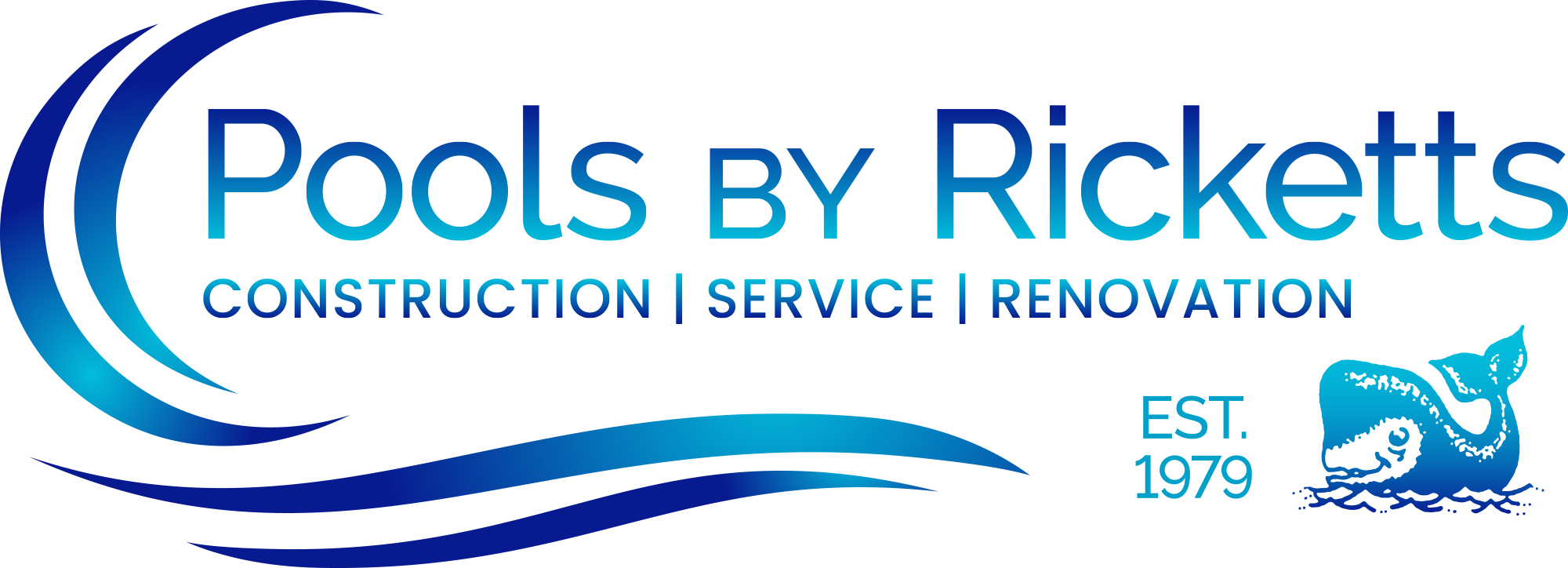It would sure be a lot more convenient if you could just fill up your pool with water and never have to worry about any ongoing maintenance. Unfortunately, as a pool owner, it is your responsibility to make sure the water maintains the proper chemistry and chemical balance to prevent the growth of algae or bacteria. This means testing your pool water in Madera, CA on a regular basis and adding chemicals as needed. It may be inconvenient, but it’s necessary to ensure the safety and health of your pool water and the people who use your pool.
You can always count on your pool water getting dirty. Bird droppings, bugs, leaves, twigs and debris are all a regular part of the life of a pool, not to mention the hair, body oils, dead skin and more left behind by swimmers. This means the only thing you can do to keep all of these potential contaminants from creating a mass of disgusting water is using the proper chemicals.
Here’s a quick overview of what you need to know.
Sanitizer
The sanitizer is the main chemical you use to keep the water clean and free of viruses, algae, bacteria and anything else that could grow and fester in otherwise untreated water.
By far the most popular sanitizer is chlorine, because it is both effective and relatively inexpensive. Chlorine oxidizes the contaminants found in your pool, essentially destroying them from the inside out. It comes in tablets or granules. Granules get poured directly into the pool water, where they dissolve, while tablets are added into floating chlorine dispensers, a skimmer basket or an automatic chlorinator. The tablets come in various sizes.
It is important to stay on top of adding new chlorine to your pool as needed. During oxidation, chlorine will break down and form a waste byproduct called chloramines, which are what you smell when you approach a pool. The best way to keep these chloramines under control is by adding chlorine to the pool on a regular basis. If the chloramines get out of hand, you’ll need to shock the pool, which you should be doing on a regular basis anyway.
pH and alkalinity
You’ll need to track the acidity of your pool. Debris that enters can throw off its pH balance, which should be around 7.4 to 7.6. Keep pH increaser and pH decreaser solutions on hand to make sure you keep the pool at a proper pH.
The same goes for alkalinity. You’ll need to have a 100 to 150 ppm alkalinity range in your pool, so you should be sure to have alkalinity increaser and decreaser solutions on hand and test the water frequently.
Shocking
Shocking the pool helps you to keep the water clean, and can be an effective remedy for algae or human waste that enters the pool. Even if the water appears to be in good condition, it’s still a good idea to shock the pool once a week or more using calcium hypochlorite. There are chlorine-free shocks available for people attempting to keep their pools free of chlorine.
For more information about pool chemistry in Madera, CA, contact Pools by Ricketts today.
